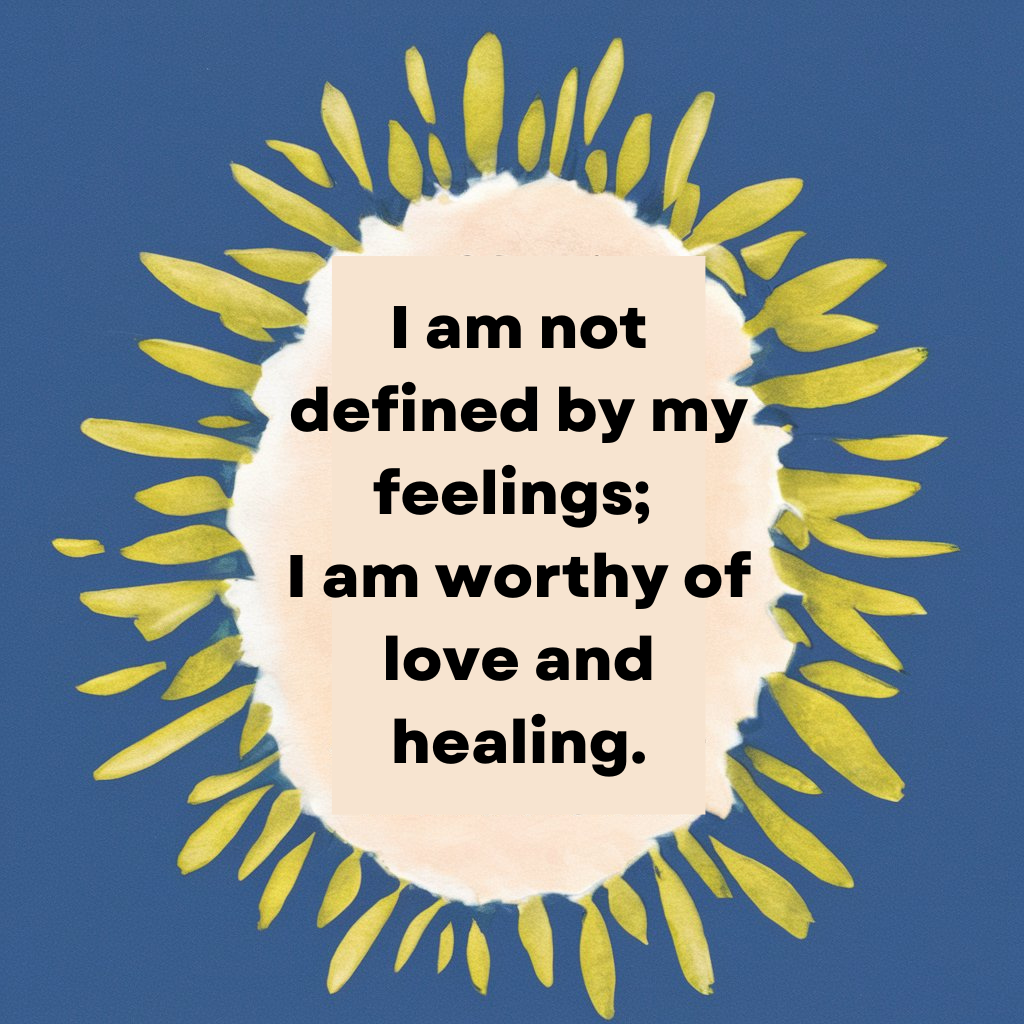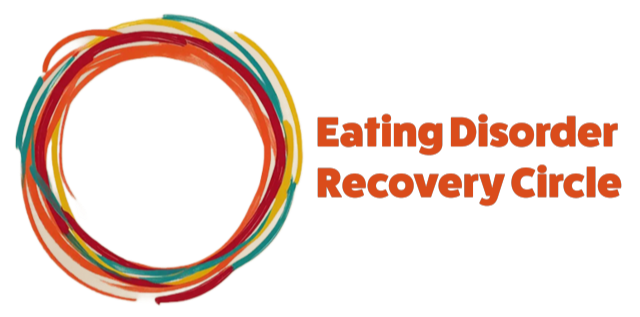I Feel Disgust
The Science of Disgust:
Disgust activates the insula, the brain’s region responsible for processing negative emotions and bodily sensations. This region plays a key role in detecting something that feels wrong or toxic. When disgust is triggered, it often releases cortisol, the stress hormone, which can heighten feelings of aversion or discomfort. Over time, if left unchecked, disgust can become a pattern that reinforces fear and avoidance, especially around food or body-related issues in recovery. By gently challenging disgust with compassion, you can start to shift these feelings.
Why Disgust Happens in Recovery:
- Negative Associations with Food: Disgust can arise when you think about or are exposed to foods you’ve restricted or avoided for a long time.
- Body Image Issues: Feeling disgusted by your body, especially during body changes in recovery, is a common response rooted in negative body image.
- Past Trauma: Disgust can sometimes be tied to unresolved trauma or experiences that were emotionally or physically distressing.
- Fear of Loss of Control: Disgust may arise as a reaction to feelings of helplessness, lack of control, or unfamiliarity with new behaviours or changes in your life.
- Self-Judgement: You may feel disgusted with yourself for behaviours or thoughts you deem "wrong" or "bad" in recovery.
What Disgust Means:
Disgust is a signal that something feels unsafe, unclean, or unworthy of your attention. However, it’s important to remember that disgust is not inherently tied to the truth of who you are or your worth. It’s a reaction that can be worked through with understanding, compassion, and reflection. Disgust doesn’t have to block your recovery—it can simply be a signal to slow down and examine what’s beneath the surface.
Step-by-Step Guide to Managing Disgust:
- Acknowledge the Feeling:
- Say to yourself:
- “I feel disgusted right now, and that’s okay. This is a feeling I can explore.”
- “This emotion doesn’t define me—it’s just something I’m feeling in this moment.”
- Identify the Source:
- Ask yourself:
- “What’s causing this feeling of disgust?”
- “Is it about food, my body, an experience, or something else?”
- “Is there an underlying fear or belief that this disgust is rooted in?”
- Challenge the Emotion:
- When you feel disgusted, challenge it by asking:
- “Is this disgust based on past experiences or beliefs that no longer serve me?”
- “Am I confusing an emotion with a fact?”
- For example, if you feel disgusted by food, ask:
- “What would it mean if I could approach this food without judgement?”
- Reframe the Situation:
- Reframe disgust as an opportunity for growth. For example:
- “Feeling disgusted is a sign that I’m pushing through something difficult, and that’s okay.”
- “This feeling is temporary, and I can move through it with kindness.”
- Engage in Self-Compassion:
- Speak to yourself with compassion, as you would to a loved one. Say:
- “I am allowed to feel disgusted, but I am not defined by this feeling.”
- “I am worthy of love, care, and healing, even when I feel uncomfortable.”
- Take Small, Grounding Actions:
- When disgust arises, ground yourself with soothing activities:
- Take a few deep breaths.
- Rest or move your body gently.
- Engage in a calming activity like reading, journaling, or meditating.
How to Prevent Disgust from Holding You Back:
- Allow Yourself to Feel: Don’t suppress the feeling of disgust—acknowledge it and process it rather than pushing it away.
- Expose Yourself Gradually: If disgust is related to food or body image, take small steps to gradually approach what feels uncomfortable with curiosity and compassion.
- Connect with Support: Share your feelings with someone who can hold space for you and offer perspective, whether it’s a coach, therapist, or friend.
- Challenge the Story: Remind yourself that disgust is a feeling, not a permanent truth. You are not defined by your emotions, and you are worthy of peace and healing.
Your Affirmation For Today
When you experience disgust, it can feel overwhelming, as though it reflects something fundamental about you or your worth. This affirmation gently challenges that narrative, reminding you that your emotions are temporary reactions—not permanent truths about who you are.
By saying, "I am not defined by my feelings," you separate your identity from the emotion, creating space to explore it with curiosity rather than judgement. The second part, "I am worthy of love and healing," reinforces that no feeling—no matter how intense or uncomfortable—can diminish your inherent worth.
This affirmation encourages self-compassion and helps you reframe disgust as a signal to slow down, reflect, and nurture yourself, rather than as a reason to judge or reject yourself. It’s a reminder that healing is possible, even in moments of discomfort.

Meditation
Find a comfortable, quiet place, where you won't be disturbed for the next 10 minutes.
Give yourself this time to put headphones on and disappear into this guided meditation.

Next Steps
Journal Prompt
- Reflect on moments when you’ve felt disgusted. Ask yourself:
- What was the source of my disgust?
- How can I approach this feeling with compassion and curiosity?
- What can I do to work through this emotion in a way that supports my recovery?

